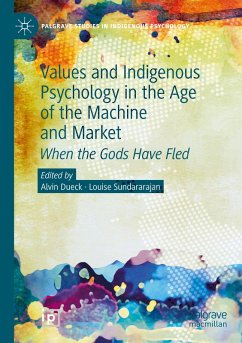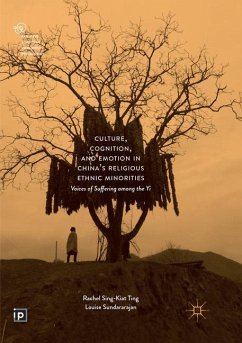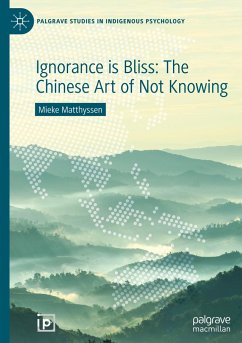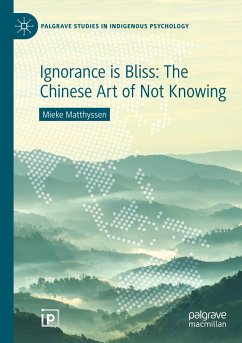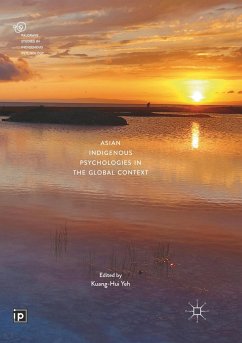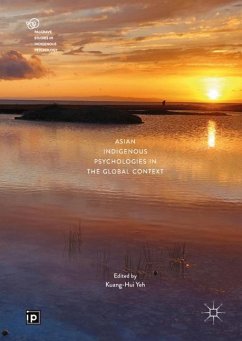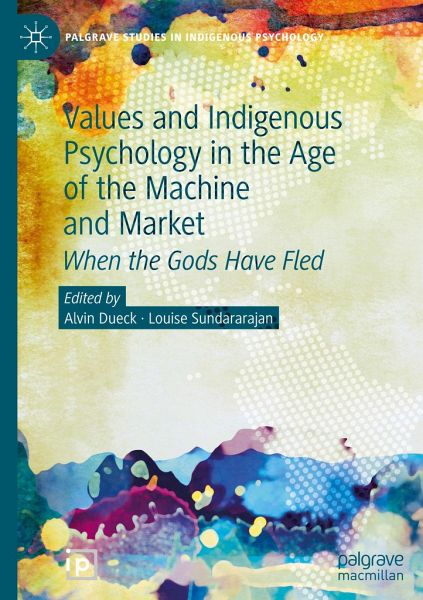
Values and Indigenous Psychology in the Age of the Machine and Market
When the Gods Have Fled
Herausgegeben: Dueck, Alvin; Sundararajan, Louise

PAYBACK Punkte
53 °P sammeln!
This interdisciplinary edited collection addresses issues at the intersection of indigenous psychology, market ideology, values, and technology. The aims of this book arise from the recognition that whereas the unfolding of the agricultural revolution over thousands of years allowed for the gradual co-evolution of values and technology to blossom, the post-industrial technological revolution is so accelerated that there has been little time for the co-evolution of values. To address this, the chapters collected here seek to initiate a conversation that will provide the conceptual space for the...
This interdisciplinary edited collection addresses issues at the intersection of indigenous psychology, market ideology, values, and technology. The aims of this book arise from the recognition that whereas the unfolding of the agricultural revolution over thousands of years allowed for the gradual co-evolution of values and technology to blossom, the post-industrial technological revolution is so accelerated that there has been little time for the co-evolution of values. To address this, the chapters collected here seek to initiate a conversation that will provide the conceptual space for the evolution of values that can keep pace with contemporary developments in the machine and the market. In this conversation, they argue, indigenous psychologies will necessarily play a central role for two reasons: firstly, as alternative systems of thought they enable a productive interrogation of the rationality of machine and the market; and second, examples of the impact of technology andthe market on traditional societies hold lessons for potential future impacts on the society as a whole. This timely work offers fresh insights that will appeal to students and scholars of psychology, cultural and religious studies, anthropology, business and economics, and science and technology studies.





